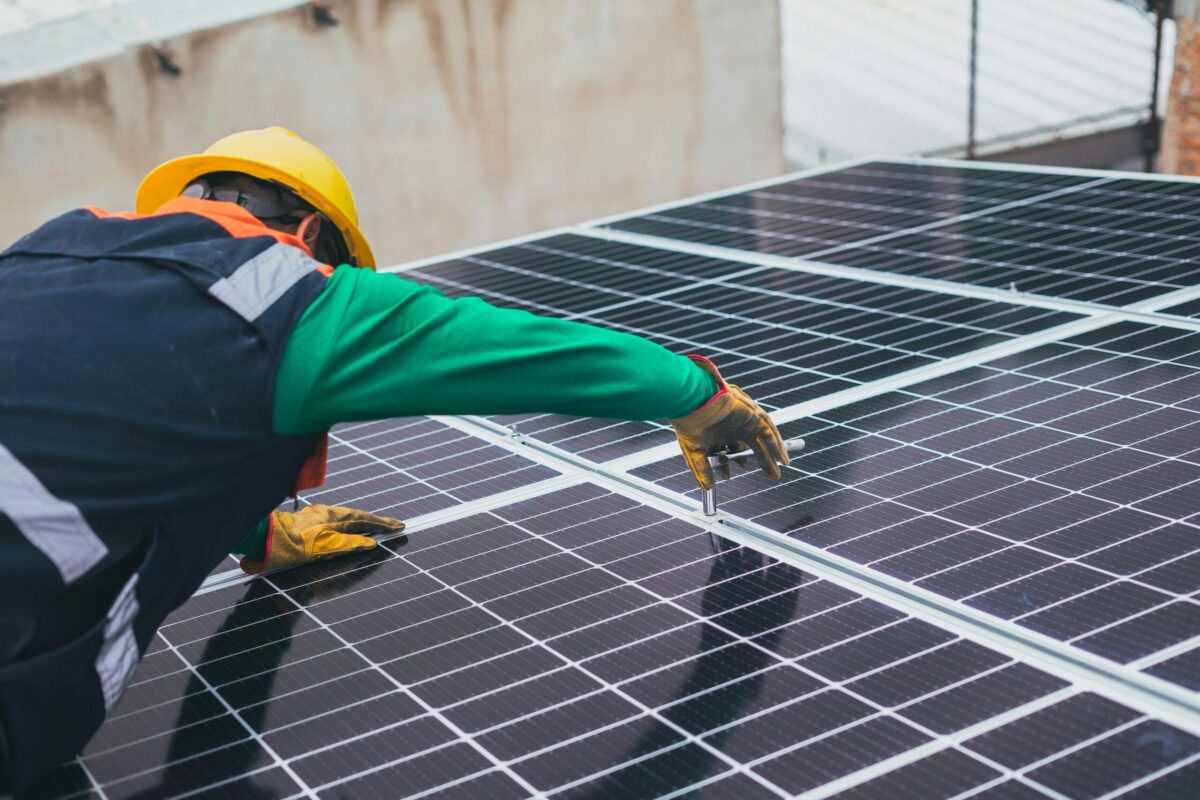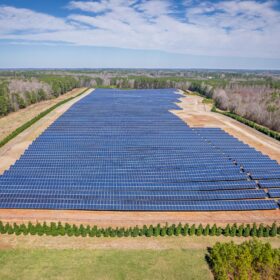Given the recent history of Arizona’s attitude toward the rooftop solar industry, it’s understandable why some companies held their collective breaths as the Arizona Court of Appeals handed down its decision on whether third-party installed arrays should be taxed as utilities.
At issue was the contention by the state’s Department of Revenue that third-party installed rooftop solar arrays should be taxed at the same rate as utilities. The department also argued that the tax exemptions granted such systems violated the state’s constitution because it did not treat all rooftop solar installations the same.
Yesterday, the Court of Appeals affirmed the lower tax court’s decision that third-party installations – like those done by plaintiffs SolarCity and Sunrun – can’t be treated like electrical-generation facilities, even if they produce more electricity than the property consumes.
But it rejected the lower court’s ruling that tax exemptions were unconstitutional, saying that no two solar-electric systems are exactly the same. As a result, it did not violate the constitution’s provision for equality in taxation. In its decision, the court wrote:
…we affirm the tax court’s declaration that Taxpayers’ solar panels cannot be centrally assessed pursuant to the electric generation statute and the renewable energy equipment valuation statute. We also affirm the tax court’s denial of the Department’s motion for sanctions against Taxpayers. However, we reverse the tax court’s judgment that the solar energy systems statute is unconstitutional and cannot apply to Taxpayers’ solar panels, as well as the court’s mandate that the counties locally assess the panels.
The initial complaint was brought by national rooftop solar installers SolarCity and Sunrun.
This content is protected by copyright and may not be reused. If you want to cooperate with us and would like to reuse some of our content, please contact: editors@pv-magazine.com.







By submitting this form you agree to pv magazine using your data for the purposes of publishing your comment.
Your personal data will only be disclosed or otherwise transmitted to third parties for the purposes of spam filtering or if this is necessary for technical maintenance of the website. Any other transfer to third parties will not take place unless this is justified on the basis of applicable data protection regulations or if pv magazine is legally obliged to do so.
You may revoke this consent at any time with effect for the future, in which case your personal data will be deleted immediately. Otherwise, your data will be deleted if pv magazine has processed your request or the purpose of data storage is fulfilled.
Further information on data privacy can be found in our Data Protection Policy.